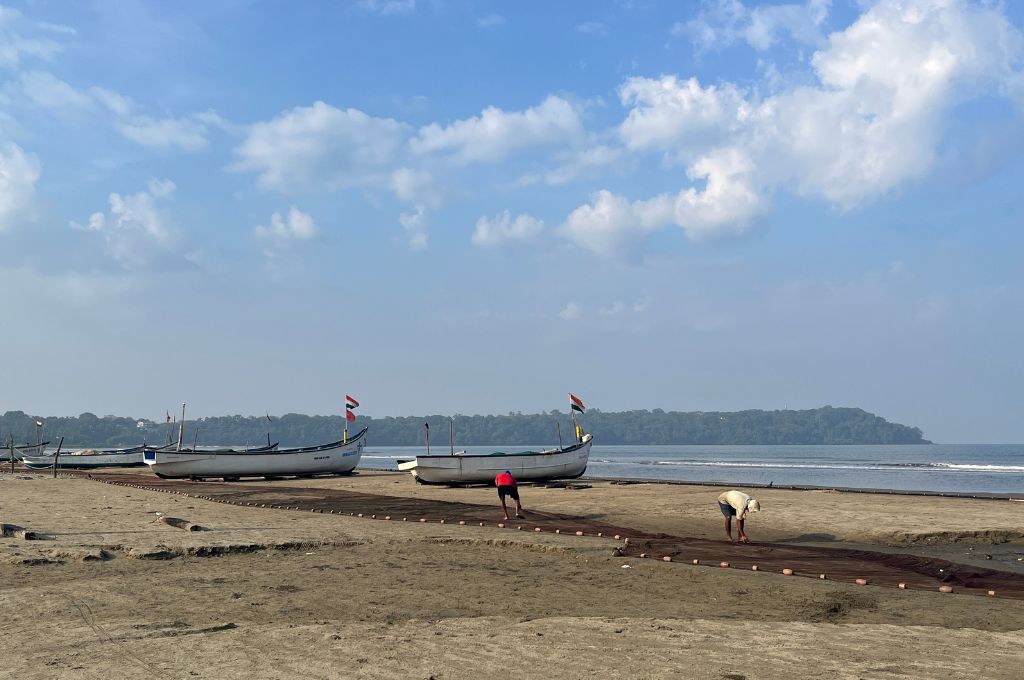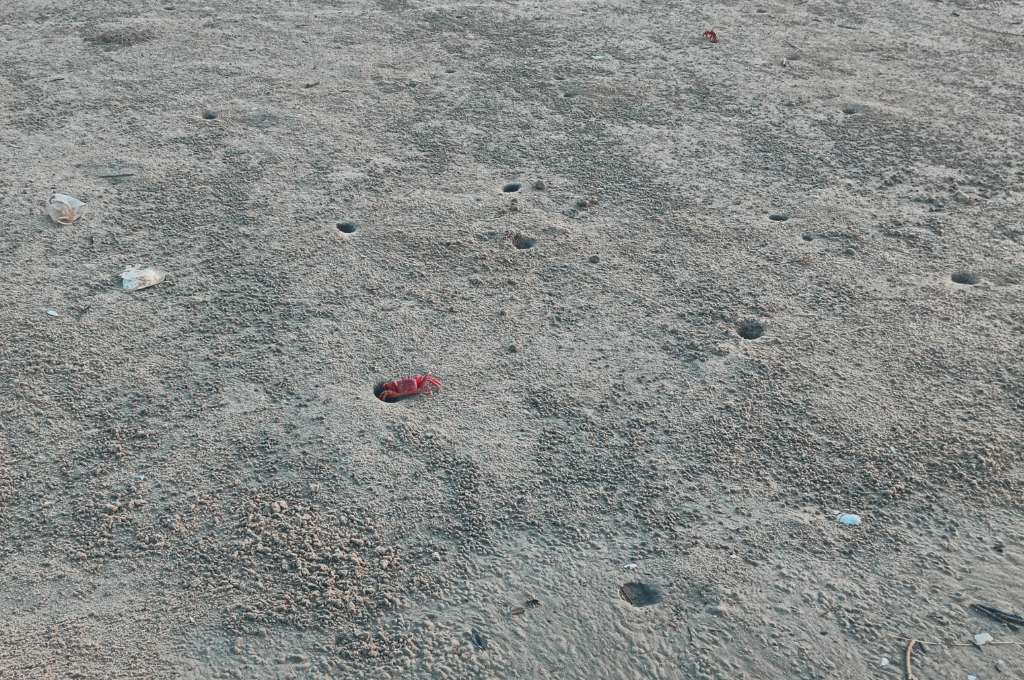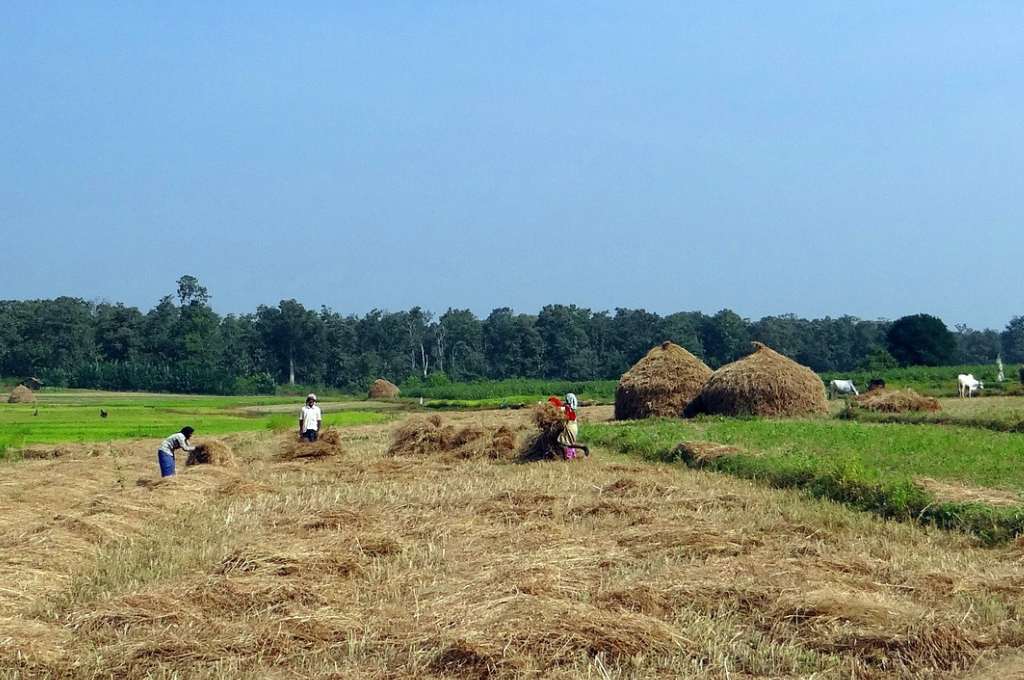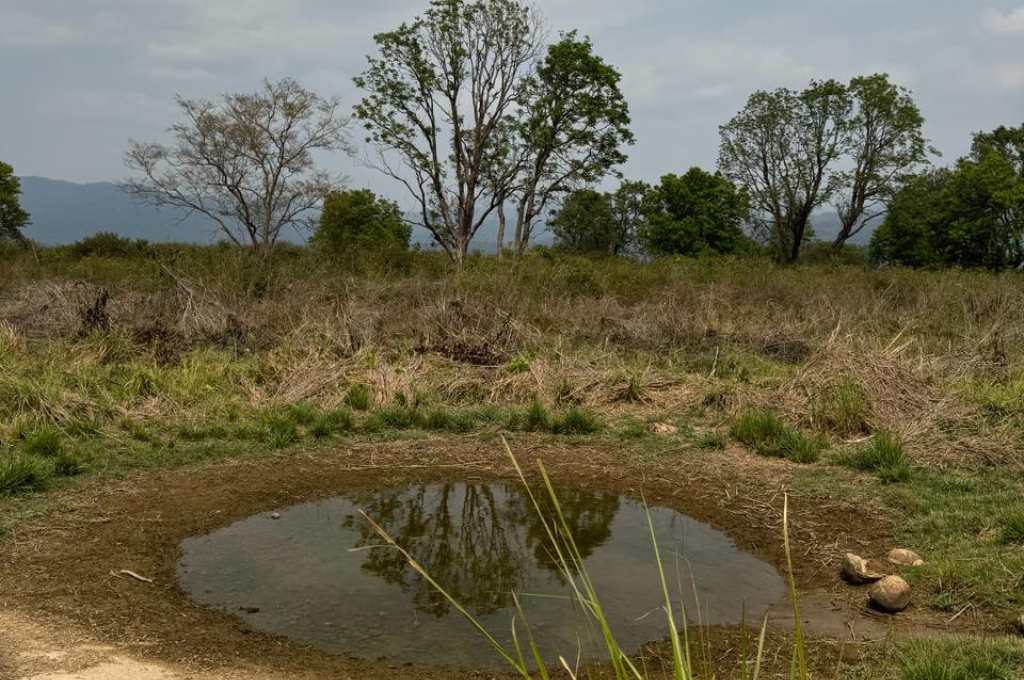READ THIS ARTICLE IN
A sand mafia, few shaky bridges: Illegal mining in Chhotaudepur
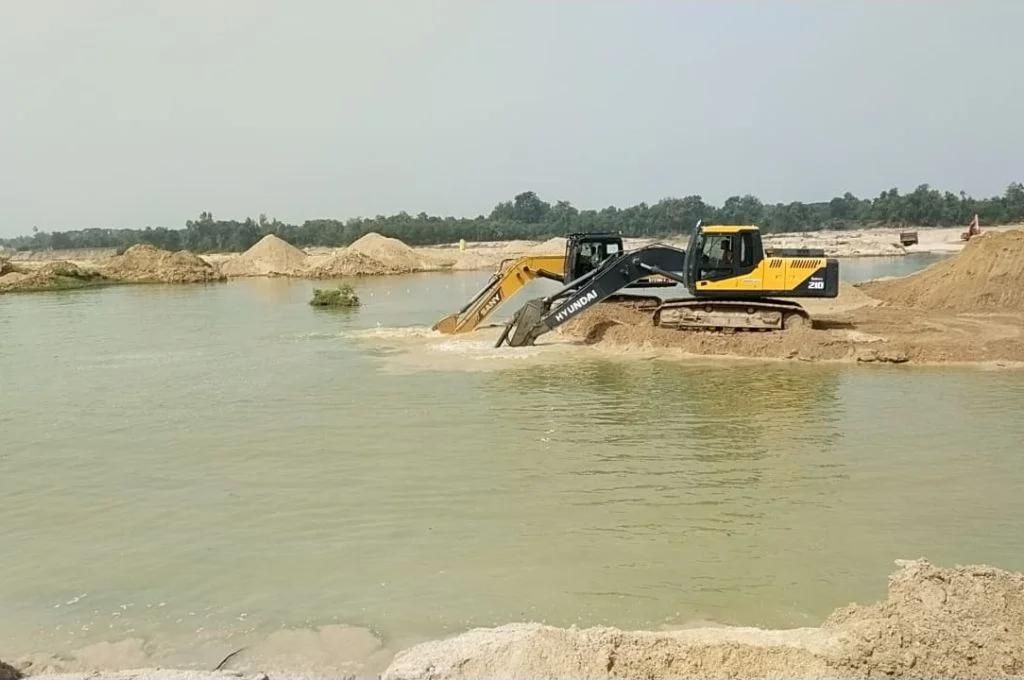
Orsang river originates in the forests of Madhya Pradesh’s Bhavra village and passes through Gujarat’s Chhotaudepur district, which is known for its culture and for being rich in mineral resources such as dolomite, granite, and sand. Orsang is the district’s sand mining hub and a source of livelihood for the people. This sand is in high demand in the construction industry.
The lucrative business has given rise to a sand mafia and illegal sand mining. Every night, 10–12 trucks are seen mining for sand on the banks of the Orsang river. The riverbank is now 10–15 feet deeper than it used to be, which has negatively impacted the lives of the locals. Earlier, people setting up borewells needed to do minimal digging. But nowadays, they are unable to find water despite deeper excavation into the earth’s surface.
The water shortage has become more severe because Orsang’s tributaries, such as the Aini, Bharaj, Heran, and Meriya rivers—which used to be full until the summer season—now dry up before winter arrives. As a result, people are resorting to buying water on credit.
Villages near the riverbank have another problem. The wild animals that can’t access the river due to the constant mining have started moving towards the villages in search of water.
Sand helps reduce the force of the river; now, with the sand gone, the foundations of the bridges built on Orsang are no longer safe. During the rainy season in 2023, the foundation of Sihod bridge was damaged. Bridges such as the one between Sankheda and Bahadarpur, Dhokalia Modasar bridge near Bodeli tehsil, the Orsang aqueduct of Jetpur Pavi, and Ratanpur bridge are also in danger.
In the hope of saving their river and its water and sand, some gram panchayats in Chhotaudepur have launched a campaign to stop sand mining. They have also started building small check dams on the river to conserve the water and sand.
This article was updated on December 18, 2023, to correct a factual error in the first paragraph.
Sejal Rathwa is a journalist based in Chhotaudepur, Gujarat.
—
Know more: Learn about West Bengal’s riverbed jobs and their consequences.
Do more: Connect with the author at [email protected] to learn more about and support her work.

